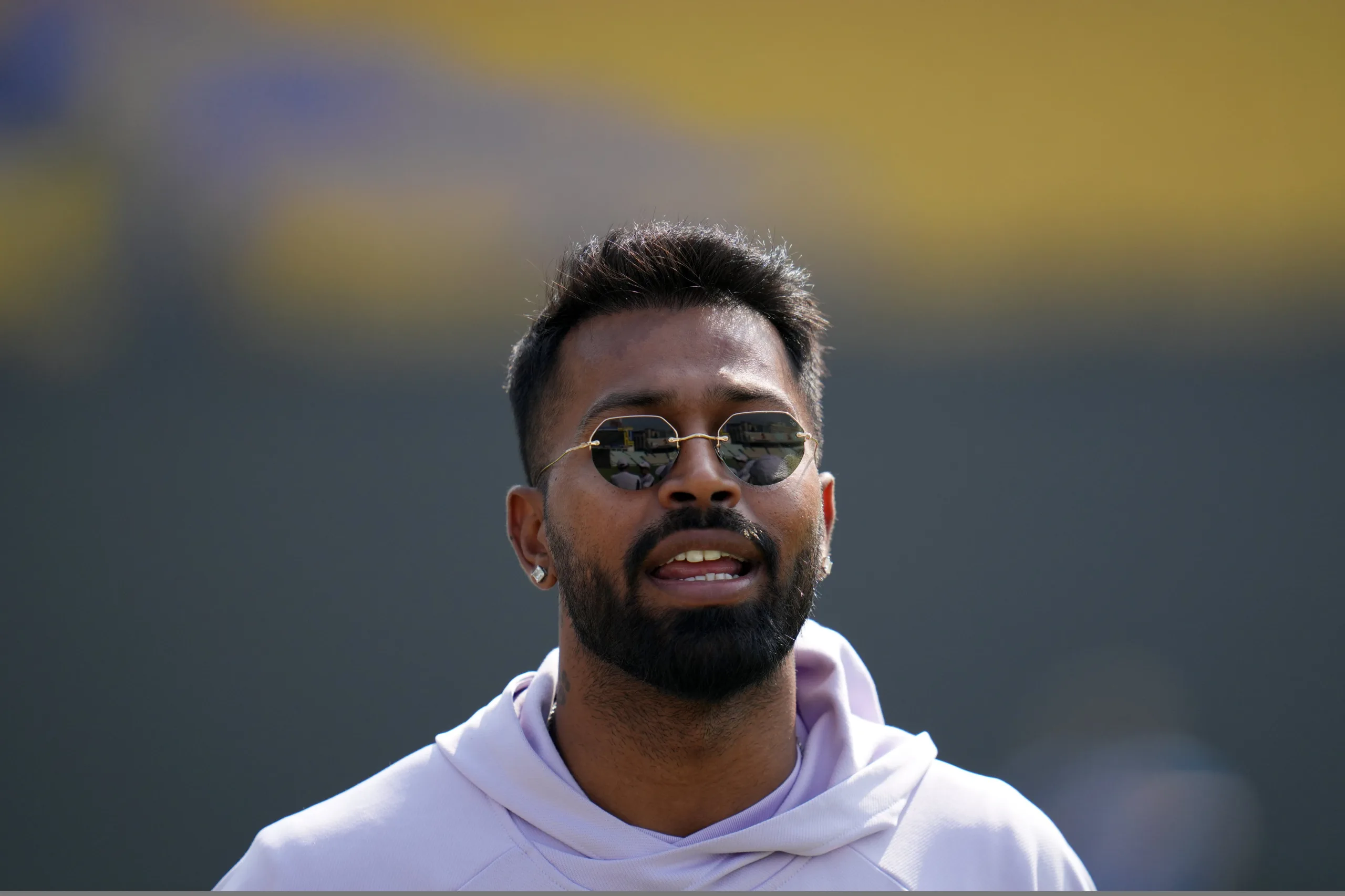Bollywood superstar Salman Khan’s unconventional working hours created significant production challenges for director AR Murugadoss during the making of their 2025 film Sikandar. In a candid interview with Valaipechu Voice, AR Murugadoss revealed the behind-the-scenes struggles of working with one of India’s biggest stars, whose preference for night shoots forced the entire production team to adapt their schedules dramatically. The acclaimed director, known for blockbusters like Ghajini, didn’t mince words about the difficulties encountered while filming with Salman Khan, who would consistently arrive on set only after 8 PM.
Table of Contents
AR Murugadoss Reveals Salman Khan’s Unconventional Work Schedule
AR Murugadoss opened up about the unique challenges of directing Salman Khan, particularly regarding the actor’s strict adherence to evening and night shooting schedules. “It’s not easy to shoot with a star. Even day scenes, we have to shoot at night because he turns up to sets only by 8 PM,” AR Murugadoss explained during his recent interview.

The director, who has previously worked with major stars like Aamir Khan, Rajinikanth, and Vijay, found Salman Khan’s working pattern particularly challenging. “We are people who are used to shooting right from early mornings, but that’s not how things work there,” he noted, highlighting the stark contrast between his usual filming approach and the adjustments required for Salman Khan.
This scheduling constraint had cascading effects on the entire production, forcing the crew to completely restructure their approach to filmmaking. What would typically be straightforward day sequences had to be reimagined and shot during nighttime hours to accommodate Salman Khan’s preferred working schedule.
Impact on Cast and Crew During Sikandar Production
The most significant casualties of Salman Khan’s late arrival schedule were the supporting cast members, particularly child actors involved in the film. AR Murugadoss revealed a particularly telling example: “If there were four kids in a scene, we would have to shoot with them at 2AM, even if it’s the shot of them returning from school! They would become tired by that time and usually dozed off.“
This situation created a domino effect throughout the production. While Salman Khan would arrive fresh and ready for work at 8 PM, other actors who had been waiting since morning would already be exhausted. The director explained that despite Salman arriving prepared for his scenes, the timing disparity created practical difficulties for maintaining consistent energy levels across the cast.
The production team had to devise creative solutions to work around these constraints, often requiring multiple takes and extended shooting hours to capture the required scenes with all actors at their best performance levels.
Security Challenges and Death Threats
Beyond scheduling issues, AR Murugadoss also faced unprecedented security challenges while directing Salman Khan in Sikandar. The production was significantly impacted by death threats from the Lawrence Bishnoi gang, requiring heightened security measures that further complicated the filming process.
“Salman sir is completely different. The scale of Sikandar was massive, with scenes involving 10,000 to 20,000 people. Managing such large crowds required high security and intense coordination,” AR Murugadoss revealed in earlier interviews about the security challenges.
The director explained how these security concerns disrupted their biological cycles and normal working patterns. “Our biological cycles were disrupted, but once we adapted, it became a routine,” he noted, describing how the entire crew had to adjust to the new normal of filming under heavy security.
Creative Compromises and Directorial Challenges
Working with Salman Khan required AR Murugadoss to make significant creative compromises that he wasn’t accustomed to in his previous projects. The director admitted that maintaining 100% creative authenticity became impossible when working with such a major superstar.

“When you are working with superstars, you cannot be 100 percent true to the script. We have to compromise for the audience,” AR Murugadoss candidly shared, explaining how fan expectations and star image considerations influenced creative decisions.
The director revealed that disagreements were common during production. “When we couldn’t come to a conclusion, we would shoot both ways and then decide during the edit,” he explained, describing their collaborative approach to resolving creative differences.
Sikandar’s Box Office Performance and Critical Reception
Despite the high expectations and massive production budget of ₹200 crore, Sikandar failed to meet commercial expectations at the box office. The film, which was positioned as one of the most anticipated Hindi films of 2025, opened to widespread negative reviews and proved to be a commercial disappointment.
The action drama barely crossed the ₹100 crore mark in India, falling significantly short of the typical Salman Khan blockbuster performance. Critics particularly noted the film’s generic plot and outdated directorial approach, with many questioning whether the production challenges affected the final product’s quality.
Production Timeline and Challenges
| Production Phase | Timeline | Key Challenges |
|---|---|---|
| Pre-production | April 2024 | Script development and casting |
| Principal Photography | June 2024 – March 2025 | Security threats, schedule disruptions |
| Night Shooting Schedule | Throughout production | 8 PM – 2 AM working hours |
| Security Implementation | November 2024 onwards | Death threats management |
| Post-production | March – August 2025 | Editing and VFX completion |
Cast and Crew Details
| Role | Name | Notable Challenge |
|---|---|---|
| Director | AR Murugadoss | Schedule adaptation to night shoots |
| Lead Actor | Salman Khan | 8 PM arrival, 2 AM finish schedule |
| Producer | Sajid Nadiadwala | Managing ₹200 crore budget |
| Supporting Cast | Rashmika Mandanna, Kajal Aggarwal | Working around lead actor’s schedule |
| Child Actors | Various | 2 AM shooting for school scenes |
Industry Impact and Lessons Learned
AR Murugadoss’s candid revelations about working with Salman Khan have sparked discussions about star power dynamics in Bollywood productions. The director’s experience highlights the practical challenges that emerge when accommodating A-list actors’ preferences and working styles.
The Sikandar experience demonstrates how individual star requirements can significantly impact production logistics, crew welfare, and potentially the final product quality. AR Murugadoss’s willingness to speak openly about these challenges provides valuable insights into the realities of big-budget Bollywood filmmaking.
For future collaborations between directors and major stars, the Sikandar case study serves as a reference point for negotiating working conditions that balance star preferences with production efficiency and crew welfare.
AR Murugadoss’s Directorial Philosophy
Despite the challenges faced during Sikandar, AR Murugadoss maintains respect for Salman Khan’s dedication to his craft. The director acknowledged that working with superstars involves unique learning experiences, even when they require significant adjustments to traditional filmmaking approaches.
AR Murugadoss emphasized that while creative compromises are sometimes necessary when working with major stars, the experience provided valuable insights into managing large-scale productions under challenging circumstances.

The director’s frank assessment of his collaboration with Salman Khan reflects his commitment to honest filmmaking discourse and his willingness to share both positive and challenging aspects of working with Bollywood’s biggest names.
As AR Murugadoss continues his directorial career, the lessons learned from the Sikandar experience will likely influence his approach to future star-driven projects, balancing creative vision with practical production realities.
Read More: Ali Fazal Headlines Prime Video’s Gritty Crime Thriller ‘Raakh’ in 2026
FAQs
What were the main challenges AR Murugadoss faced while directing Salman Khan?
AR Murugadoss faced scheduling challenges as Salman Khan would only arrive on set at 8 PM, forcing day scenes to be shot at night. Additionally, security threats from the Lawrence Bishnoi gang created complex logistical issues during production.
How did Salman Khan’s schedule affect other actors in Sikandar?
Other actors, particularly child artists, would become exhausted waiting for Salman Khan’s arrival. Children had to shoot scenes like “returning from school” at 2 AM, often falling asleep during filming due to the late hours.
What was Salman Khan’s actual working schedule during Sikandar?
According to AR Murugadoss, Salman Khan worked from 2 PM to 2 AM, with the actor typically arriving on set by 8 PM and continuing shooting through the night until early morning.
Did AR Murugadoss have to compromise his creative vision for Sikandar?
Yes, AR Murugadoss admitted that working with superstars requires creative compromises. He stated that maintaining 100% authenticity to the script is impossible when catering to fan expectations and star image requirements.
How did Sikandar perform at the box office despite the production challenges?
Despite a massive ₹200 crore budget and high expectations, Sikandar was a commercial disappointment, barely crossing ₹100 crore in India and receiving widespread negative reviews from critics and audiences.








